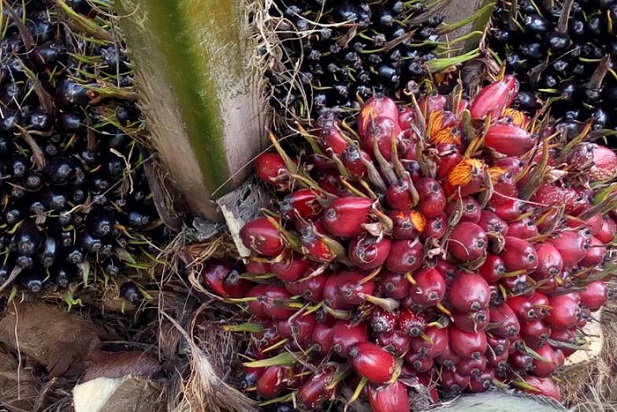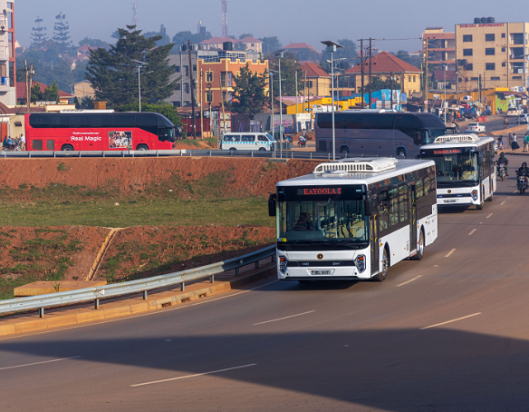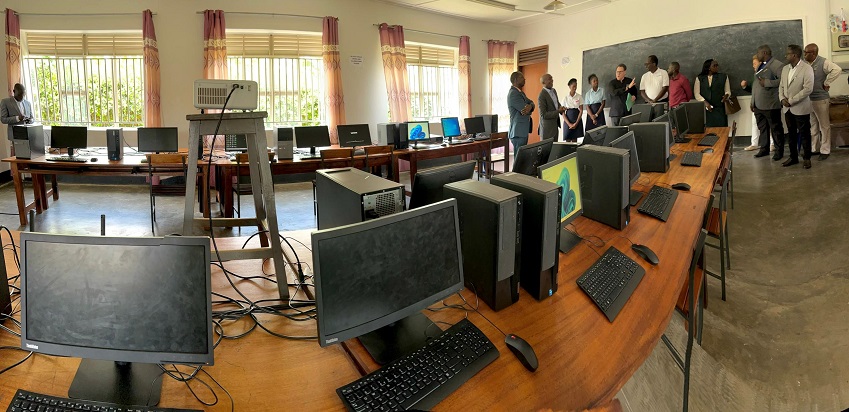Bundibugyo local authorities want the government to boast palm tree growing and oil production in the district to help farmers diversify their economic activities. The leaders say the population predominantly depends on cocoa growing but the recent fall in prices of the product has left many farmers limping economically.
A kilo of cocoa dropped to between Shillings 7,000 and 4000 in the recent seasons compared to over 10,000 Shillings three years ago. Local leaders say the district has the potential to produce palm oil but farmers there need robust support.
Palm oil pressed from the fruit of the oil palm, is cheap and used in many different products. It is processed in ice cream, margarine, chocolate, and sauces, but also in personal care products and cosmetics such as lipstick, soap, toothpaste, detergent, and biofuel. Oil palm growing takes place on a small scale in Bundibugyo with more people importing the oil seeds from the neighboring DR Congo to extract more edible oil.
Josephine Babingi Bebona, the Bundibigyo district woman member of parliament told URN that the uncontrolled fall in cocoa prices justifies the urgent need for economic diversification strategies at household levels that can deliver sustained, job-intensive, and inclusive growth.
She adds that despite the potential for palm oil production in the area, the government has not yet taken an interest to support its full production on a business scale.
The Bughendera County MP, Acrobat Moses Kiiza says it’s vital that government shifts the population from the single income source if the community is to be lifted out of poverty.
Moses Murarwa, the Ntandi Town Council Councillor, says that several attempts at economic diversification have had little impact as the majority of them have folded up, whilst others are finding it difficult to survive.
Everketi Buswalya, a farmer in Kinyante Village, says an oil palm tree takes four years to mature and recently more people have taken grown the trees. He, however, says that many people have limited knowledge of how to grow and maintain trees.
Barbra Basemera, the chairperson of palm oil traders in the district, says they are facing the challenge of high taxes imposed on them at the Busunga border point. She also mentions that producers lack the latest technologies.
Speaking at the fundraising drive for St. James Kirumya Catholic Church recently, the vice president Rt. Maj. Jessica Alupo said that while the government remains committed to finding a better market and establishing a cocoa factory in the district, it’s also discussing how it can support farmers to engage in other economic enterprises notably palm oil growing. She added that Government is interested in supporting more investments in the agriculture sector to help households have enough food and surplus produce for sale.
Oil palm growing in Uganda takes place in Kalangala and Buvuma districts where the government is growing the crop on nucleus estates and selected pieces of land owned by out growers. Uganda produces at least 40,000 tonnes of oil palm but the ministry of Agriculture through the National Oil Palm Project (NOPP) plans to increase production to over 80,000 tonnes.
-URN





